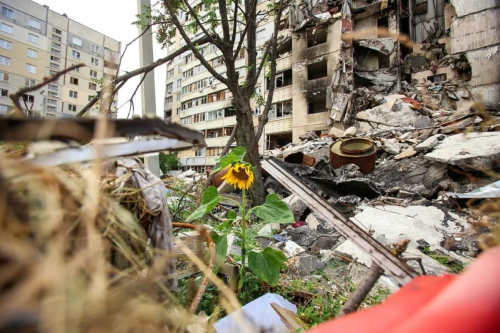In Kharkiv, a solar power plant and a generator installed on the roof of one of the buildings of Hospital No. 17 provided 22 kWh of electricity during the blackout.
This amount of energy is enough to meet the critical needs of the hospital, Vitaliy Vlasiuk, an advisor to the Minister of Health, reports on Facebook.
"We continue to work, we need even more sun for healthcare facilities and not only," he said.
Vlasiuk emphasized that Kharkiv experienced massive power outages as a result of Russian shelling of the power system. Despite the fact that the weather in the city was not sunny, the simultaneous operation of the SPP and the generator provided 22 kWh of electricity for critical needs.
The Russians have launched massive missile strikes on Ukraine's power grid, which Volodymyr Kudrytskyi, CEO of Naftogaz, called even more severe than in the winter of 2022-2023. The power systems of a number of regions and cities were affected, and some of them lost power during the day.
As EcoPolitic reported earlier, on the morning of Friday, March 22, Russian troops carried out the most massive attack on the Ukrainian power system in recent times, in particular, they fired at the Dnipro hydroelectric power plant in Zaporizhzhia. This could have created a new environmental disaster, but there is no threat of a breakthrough.





